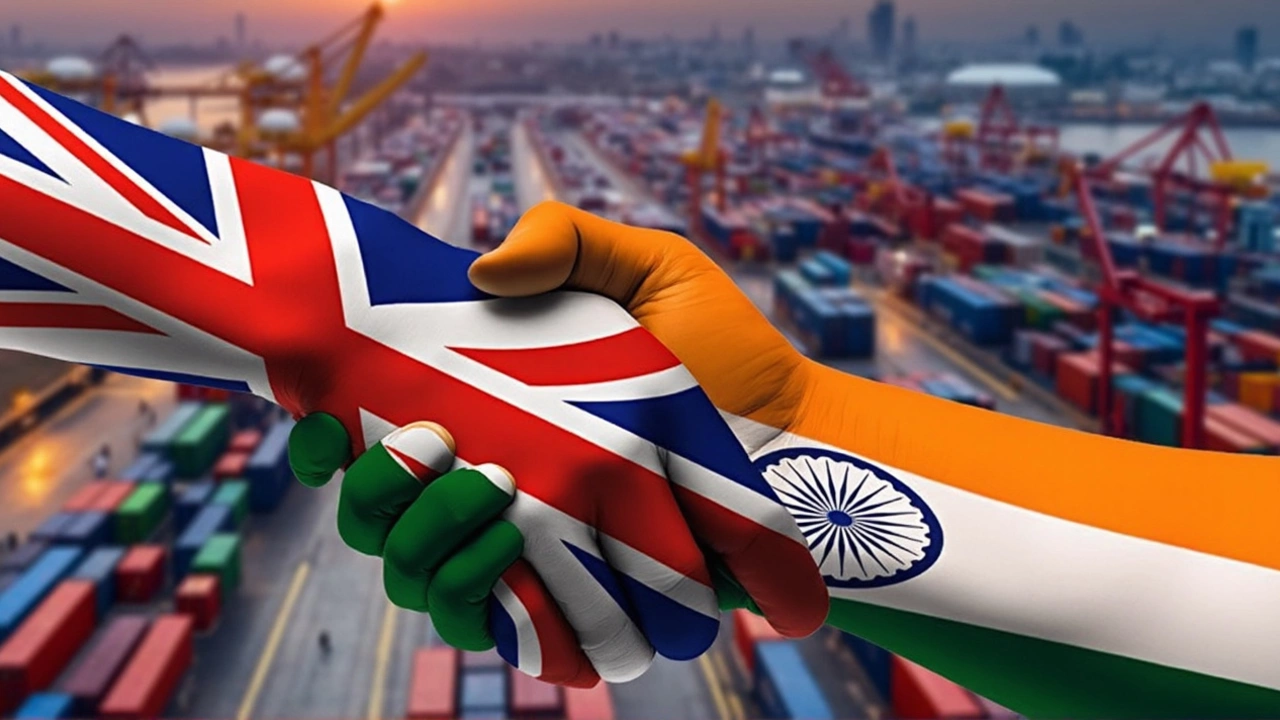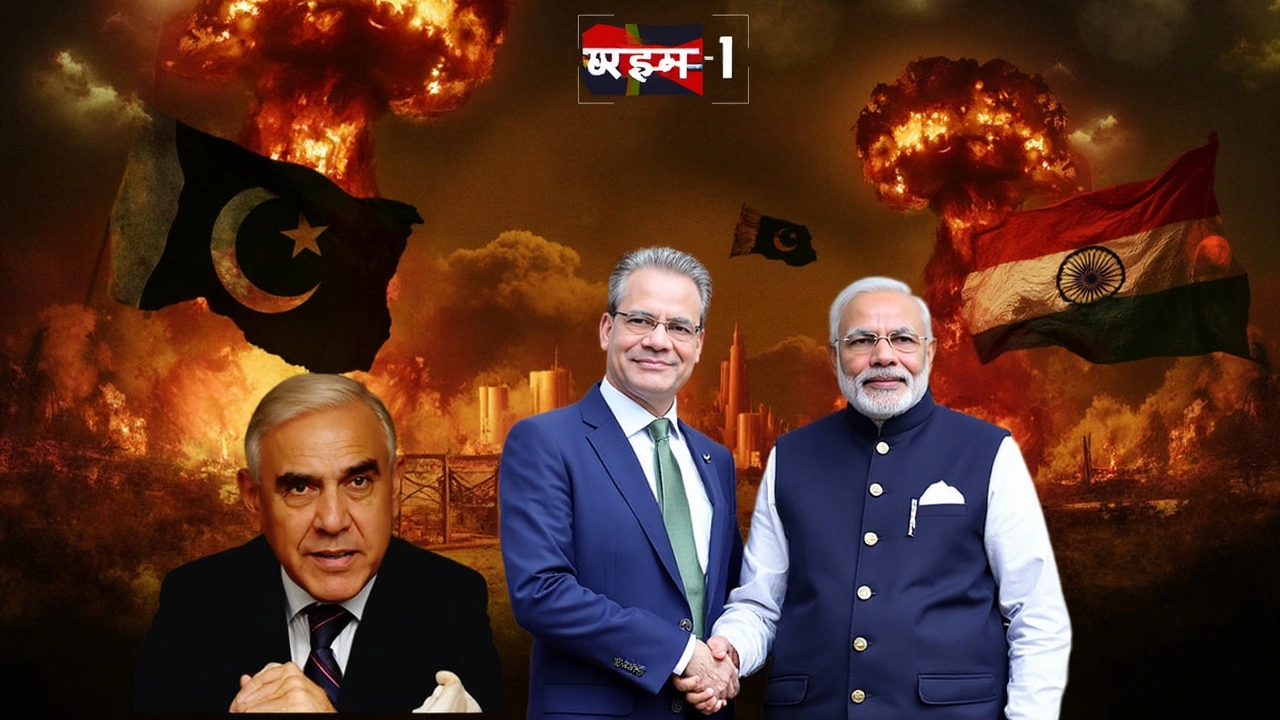India and UK Shake Hands on New Trade Era
The latest buzz in global trade is the India-UK trade deal—not just any agreement, but a long-awaited pact that both sides call 'truly amazing.' And the timing couldn’t be more relevant. As India tightens the screws on economic ties with Pakistan, this deal with the UK shows New Delhi is not just playing defense. It’s going on the economic offensive, finding new partners as old avenues shut down.
So, what’s so groundbreaking about this deal? Indian companies get a bigger, faster track into UK markets, from tech giants in Bengaluru to textile exporters in Gujarat. Cheese and whisky from the UK might pop up on more shelves in Mumbai, while Indian-made medicines and machinery find new buyers in London and beyond. With tariffs dropping and paperwork getting easier, business is about to look a lot smoother on both sides.
This move is more than just about economics. The region is seeing fresh tension after India’s recent military strikes targeting what it calls terrorist bases inside Pakistan. International eyes are glued to this tension spike. The US, feeling the heat, has even nudged Islamabad to steer clear of raising the stakes. Inside India, the government is playing a careful game—pushing back hard on security, but also making sure the country’s economy isn’t left out in the cold. The UK deal is a big help in that game plan.

Pakistan Hit With New Economic Walls
But let’s not gloss over just how harsh India’s new import bans are on Pakistan. Everything from cement to bed linens, which used to sail easily into Indian ports—even when routed sneakily via neighbor countries—is now under tight watch. We're talking strict scrutiny at every step, so goods hiding their Pakistani origin can no longer slip through the cracks. Customs officers are on alert, checking paperwork and sniffing out backdoor moves.
The numbers show the damage. After bilateral trade peaked at $2.5 billion in the 2018-19 financial year, it’s nosedived to just $1.2 billion in 2024. And get this: direct official imports from Pakistan to India between April 2024 and January 2025 add up to a measly $0.42 million. Remember those Pakistani fruits and textiles, once an annual $500 million business? Not anymore. That entire sector took a huge hit with the bans, and now India is making sure no one dodges the new barriers by using friendly third countries as cover.
Market analysts are split. Some say the India-UK agreement offers Indian exporters the perfect escape hatch just as Pakistan’s routes close off. Others caution that everything hinges on whether Pakistan decides to escalate militarily, or if this economic contest stays just that—economic. So far, Pakistan is under enormous financial strain, which makes a quick escalation unlikely. Still, India’s full-court press—military, economic, diplomatic—shows just how multifaceted modern regional power struggles have become.
For now, Indian ministers are betting big on this trade pivot. They see ties with the UK as a way to grow, even as cracks deepen with Pakistan. Businesses are watching customs enforcement and wondering if the flow of goods is forever changed. One thing’s clear: regional politics isn’t the only thing moving fast—trade rules and rivalries are keeping pace.
